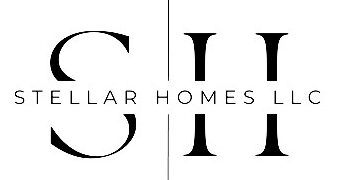When buying a home, it’s important to separate fact from fiction. Here are some common mortgage myths and the facts that debunk them.
Myth: You need a 20% down payment to buy a home.
Fact: Many loan programs allow for much lower down payments. FHA loans require as little as 3.5%, VA and USDA loans offer zero down, and conventional loans can require as little as 3%.
Myth: Your credit score has to be perfect.
Fact: While a higher credit score can help you qualify for better rates, many loan programs accept scores in the mid-500s to 600s. Lenders also consider other factors like income, debt-to-income ratio, and employment history.
Myth: Renting is always cheaper than buying.
Fact: While renting may have lower upfront costs, homeownership builds equity over time. In many markets, mortgage payments are comparable to—or even lower than—rent.
Myth: You should always choose the loan with the lowest interest rate.
Fact: The lowest rate isn’t always the best deal. Consider other factors like loan terms, closing costs, and whether the rate is fixed or adjustable!
Myth: You can’t get a mortgage if you’re self-employed.
Fact: Self-employed borrowers can qualify for a mortgage by providing tax returns, bank statements, or profit-and-loss statements to verify income.
Myth: You can’t get a mortgage with student loan debt.
Fact: Having student loans doesn’t automatically disqualify you. Lenders look at your overall debt-to-income ratio to determine if you can afford a mortgage.
Myth: You should pay off all debt before applying for a mortgage.
Fact: While reducing debt can improve your qualifications, completely paying off loans may not always be necessary. In some cases, keeping credit accounts open and active can help your credit score.
Don’t let bad information stand in the way of your homeownership goals. If you have questions about mortgages or want to explore your options, I’m here to help. Reach out today for a personalized consultation!




